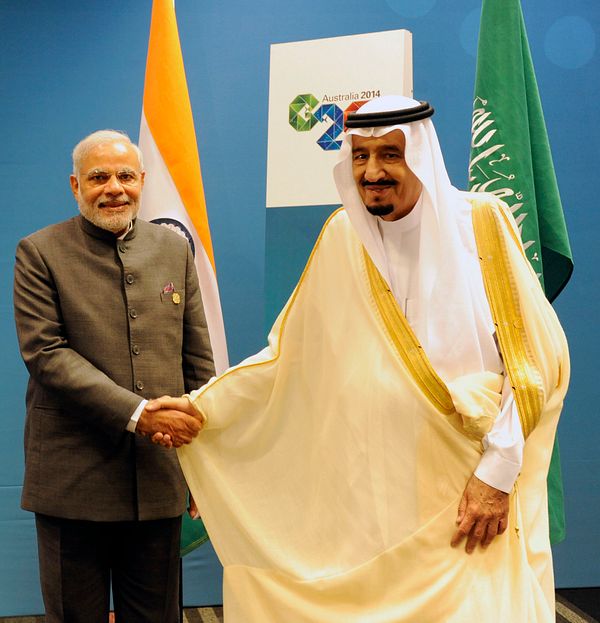On Friday night, after the customary group portrait at the opulent Borgo Egnazia resort, the Communique was made public.
Prime Minister Narendra Modi attended the three-day G7 Summit, when the G7 nations produced the G7 Communique, in which they committed to supporting certain infrastructure projects such as the India-Middle East-Europe Economic Corridor (IMEC).
On Friday night, after the customary group portrait at the opulent Borgo Egnazia resort, the Communique was made public.
Leaders reaffirmed their commitment to an international law-governed “free and open Indo-Pacific” at the G7 Summit. Italian Prime Minister Giorgia Meloni, who served as the event’s host, invited Prime Minister Modi to attend the meeting.
The communique stated, “We will further promote concrete G7 PGII (Partnership for Global Infrastructure and Investment) initiatives, flagship projects, and complementary initiatives to develop transformative economic corridors for quality infrastructure and investment, such as the deepening of our coordination and financing for the EU Global Gateway, the Great Green Wall Initiative, the Mattei Plan for Africa launched by Italy, and the Lobito Corridor, the Luzon Corridor, the Middle Corridor, and the India-Middle East-Europe Economic Corridor.
The IMEC, a project hailed as revolutionary, intends to build an extensive network of highways, railroads, and maritime lanes connecting Saudi Arabia, India, the US, and Europe. The goal of this program is to promote integration between Western nations, the Middle East, and Asia.
In addition, the IMEC is seen as an attempt by allies to increase their strategic clout, especially in reaction to China’s Belt and Road Initiative (BRI). The Belt and Road Initiative (BRI) is a massive infrastructure project that links China with Southeast Asia, Central Asia, Russia, and Europe. The IMEC framework was completed during talks that took place in Delhi, India, last year in conjunction with the G20 Summit.
Alongside leaders such as US President Joe Biden, Canadian Prime Minister Justin Trudeau, British Prime Minister Rishi Sunak, French President Emmanuel Macron, German Chancellor Olaf Scholz, Japanese Prime Minister Fumio Kishida, European Commission President Ursula von der Leyen, and European Council President Charles Michel, Pope Francis created history by attending the G7 summit, which was hosted by Italy.
On Friday, Modi spoke at the Outreach session about energy, Africa, and the Mediterranean, as well as artificial intelligence.
“We warmly welcome the participation of the Leaders of Algeria, Argentina, Brazil, India, Jordan, Kenya, Mauritania, Tunisia, Turkiye, and the United Arab Emirates in a spirit of shared responsibility,” the communique read. While acknowledging that methodologies and policy instruments may differ throughout G7 nations, we will increase our efforts to improve interoperability among our AI governance approaches in order to foster greater certainty, transparency, and accountability. In these endeavors to promote innovation and robust, inclusive, and sustainable growth, we shall adopt a risk-based strategy.
The summit’s agenda included a major emphasis on reaffirming the United States’ unwavering support for Ukraine in its struggle with Russia.
The statement went on to say, “The G7 will launch Extraordinary Revenue Acceleration (ERA) Loans for Ukraine, in order to make available approximately USD 50 billion in additional funding to Ukraine by the end of the year, with a view to supporting Ukraine’s current and future needs in the face of a prolonged defense against Russia. Thus, the G7 intends to provide financing that will be serviced and repaid by future flows of extraordinary revenues resulting from the immobilization of Russian sovereign assets held in the European Union and other relevant jurisdictions, without compromising the possibility of additional contributions and standing together. We will seek permission in these jurisdictions to use these exceptional future revenue flows for loan servicing and repayment in order to make this possible.
